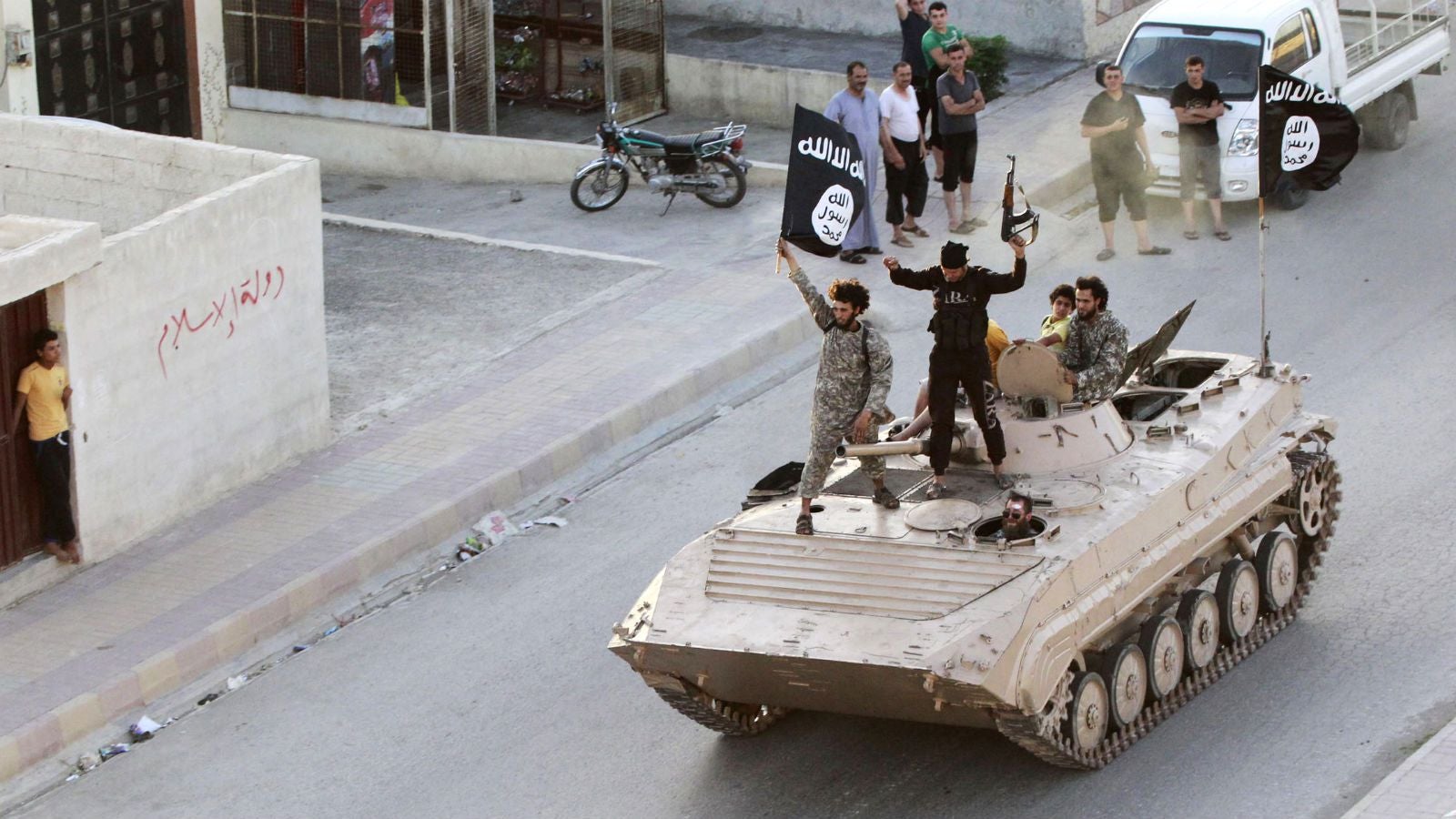The rise of ISIL is getting the HBO treatment in a miniseries from a “Game of Thrones” and “Boardwalk Empire” director
There are few products in entertainment as influential as the HBO miniseries. From Band of Brothers to John Adams to Generation Kill to Olive Kitteridge, HBO’s mass of award-winning miniseries have become the crown jewel of television, showing off the medium’s star power and storytelling potential. To be a part of an HBO miniseries is to have summited television’s mountain of prestige.


There are few products in entertainment as influential as the HBO miniseries. From Band of Brothers to John Adams to Generation Kill to Olive Kitteridge, HBO’s mass of award-winning miniseries have become the crown jewel of television, showing off the medium’s star power and storytelling potential. To be a part of an HBO miniseries is to have summited television’s mountain of prestige.
Naturally, the next HBO miniseries will be a look at the rise of the Islamic State (also known as ISIL or ISIS), produced by the team responsible for The Hangover trilogy.
Actor Bradley Cooper and director-producer Todd Phillips will produce an adaptation of Black Flags, the 2016 Pulitzer Prize-winning book by Joby Warrick about the beginnings of the terrorist group. Cooper and Phillips met with Warrick and then pitched the idea for a miniseries based on the book to HBO, Deadline reported.
The series will be directed by veteran TV director and producer Tim Van Patten, who helmed two Game of Thrones episodes (including its series premiere) and 14 episodes of Boardwalk Empire. He also directed three episodes of the HBO miniseries The Pacific, which served as a companion piece to Band of Brothers. Van Patten’s experience working with HBO and directing big budget war productions makes him about as ideal as humanly possible to direct the network’s ISIL miniseries.
The involvement of Cooper and Phillips isn’t as strange as their shared filmography might suggest. Cooper’s no stranger to depictions of war, having both starred in and produced American Sniper. In 2014, Cooper and Phillips formed a joint production company, which produced War Dogs, the upcoming film about two American arms dealers in Afghanistan that Phillips also directed.
But that film is being marketed as a comedy. HBO’s ISIL series will be anything but.
ISIL’s genesis, and the subsequent attempts to destroy it, is just the latest real-life subject to be adapted into a movie or TV series very shortly after it occurred (and in this case, is still occurring). There’s no longer any time allotted for history to process and record these events before they’re turned into entertainment. Today’s tragedies are today’s entertainment.
Sometimes, that quickened pace can come at the detriment of both the adaptation and also the way we remember the events on which it’s based. In the case of ISIL’s origins, however, perhaps a quickened pace is necessary. Warrick’s Pulitzer-winning book is obviously an important work, and if a TV series can help more people understand and appreciate how this grotesque organization came to be, then we’re all better off.